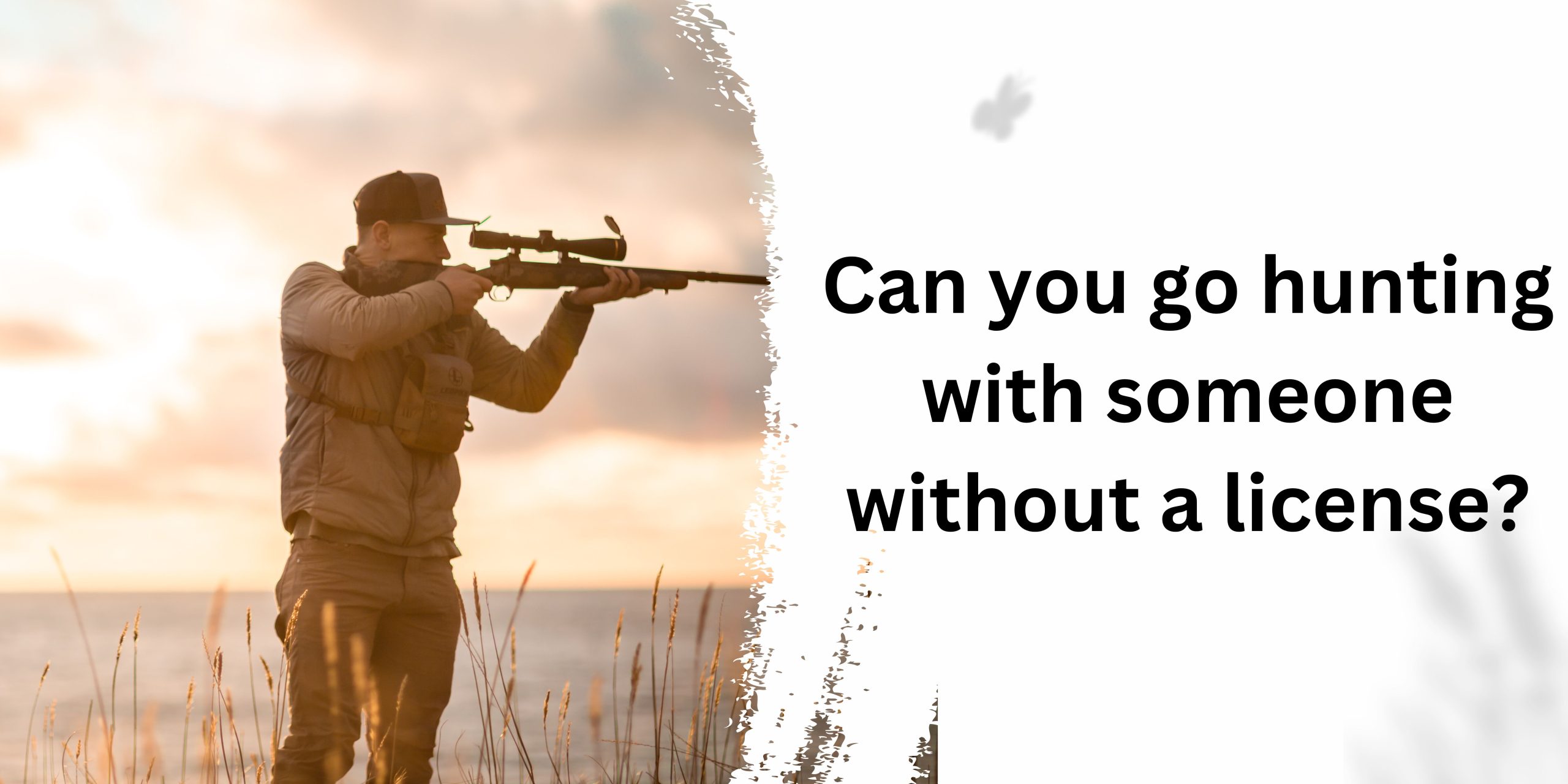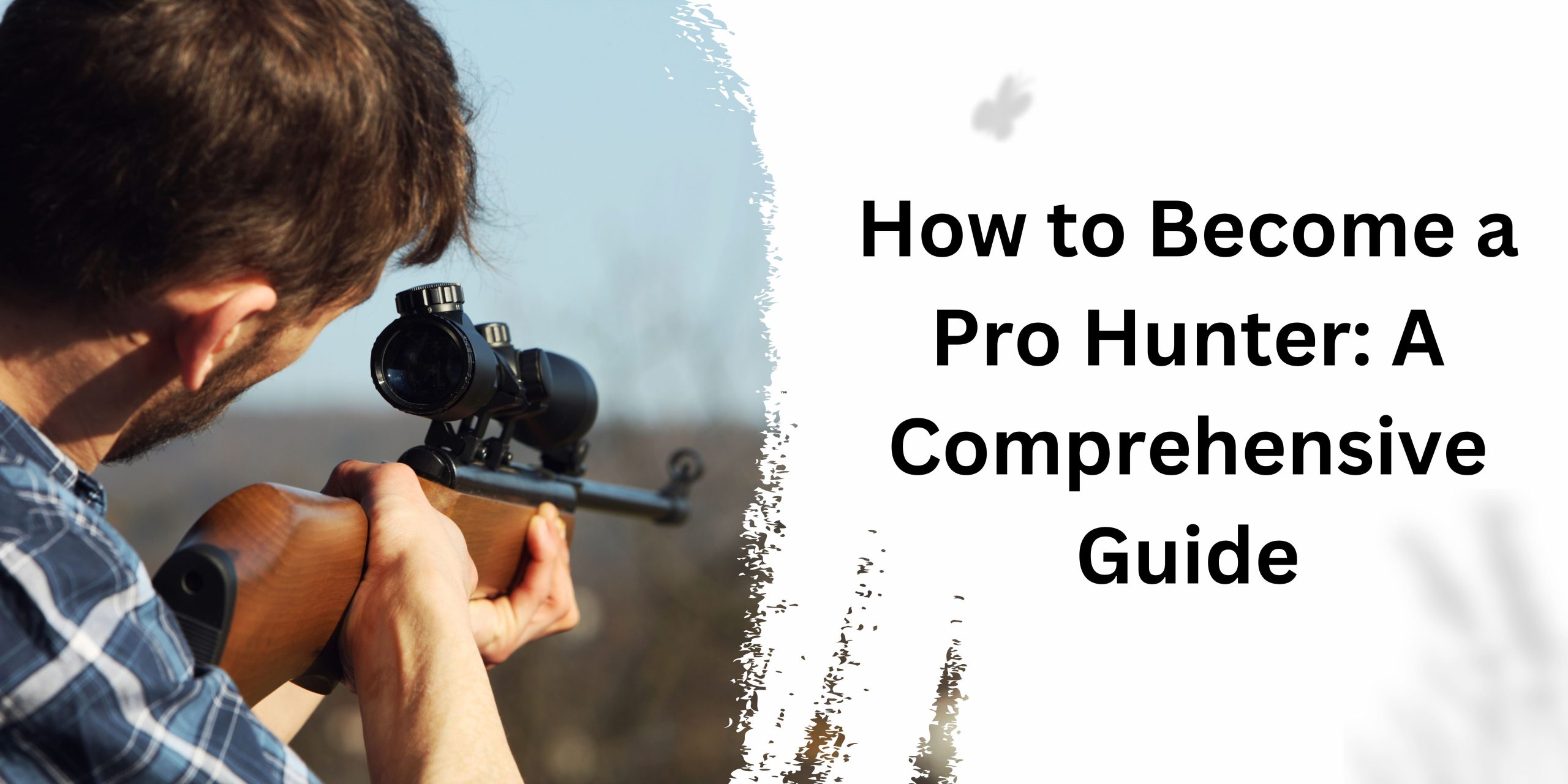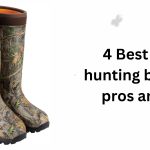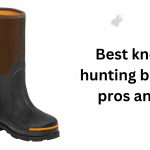Can you go hunting with someone without a license? Yes, it’s a question that often comes up among those eager to join friends or family on a hunting trip. But before you grab your gear and head out into the woods, it’s crucial to understand the ins and outs of hunting regulations and the importance of licenses. Let’s delve into this topic further to clarify any confusion and ensure everyone stays on the right side of the law.
Can you go hunting with someone without a license?
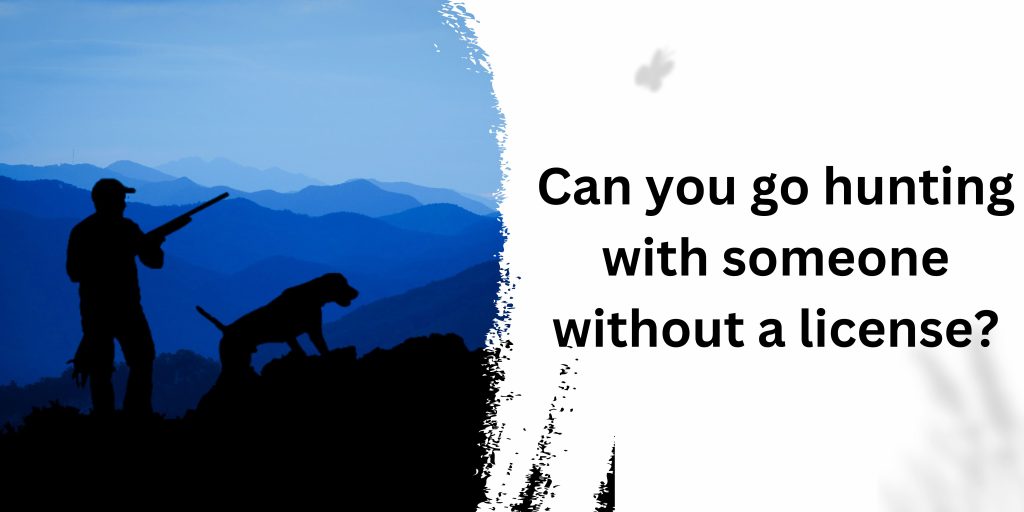
The Importance of a Hunting License
Hunting licenses serve several vital purposes in wildlife management and conservation efforts. First and foremost, they help fund various conservation programs and initiatives. Revenue generated from hunting licenses often goes directly towards maintaining habitats, conducting research, and enforcing wildlife laws. By purchasing a license, hunters contribute directly to the preservation of the natural environment and the species within it.
Additionally, hunting licenses help regulate and monitor hunting activities, ensuring that wildlife populations remain healthy and sustainable. Without proper oversight, unchecked hunting can lead to overexploitation of animal populations, disrupting ecosystems and endangering species. By requiring hunters to obtain licenses, authorities can implement bag limits, hunting seasons, and other regulations to manage wildlife populations responsibly.
Furthermore, hunting licenses often come with educational components, such as hunter safety courses. These courses teach aspiring hunters about firearm safety, wildlife identification, hunting ethics, and conservation principles. By completing these courses, hunters gain essential knowledge and skills that promote safe and responsible hunting practices.
Accompanying a Licensed Hunter
If you don’t have a hunting license but still want to join a hunting excursion, you may be able to accompany a licensed hunter as a non-hunting participant. This typically means that you can tag along on the hunt, observe, or assist the licensed hunter without actively participating in the harvest of game animals. It’s essential to clarify your role and ensure that you abide by all hunting regulations to avoid any legal issues.
Temporary or Apprentice Licenses
Some states offer temporary or apprentice hunting licenses for beginners or individuals who are hunting under the supervision of a licensed mentor. These licenses often come with restrictions and are intended to provide newcomers with the opportunity to learn from experienced hunters while still complying with hunting regulations. If you’re interested in trying your hand at hunting, check to see if your state offers any apprentice license programs.
Hunting on Private Lands
In some cases, you may be able to hunt on private lands without a hunting license, especially if you have permission from the landowner. Private landowners have the authority to grant individuals access to their property for hunting purposes, and some may not require hunters to have a license. However, it’s essential to obtain explicit permission from the landowner and abide by any additional rules or regulations they may have in place.
Read More: Comparison Hunting Boots vs Hiking Boots
Other Types of Hunting Licenses and Hunting Permits
In addition to basic hunting licenses, some jurisdictions may require additional permits for specific types of hunting or certain species. For example, hunters may need separate permits for hunting migratory birds, big game, or predators like coyotes or bears. These permits help authorities track and manage hunting pressure on particular species, ensuring their populations remain stable.
Furthermore, some states offer special licenses or permits for activities like hunting on private lands, hunting with specialized equipment (such as bowhunting or muzzleloading), or participating in youth hunting programs. These additional licenses cater to the diverse interests and needs of hunters while also providing additional funding for conservation efforts.
Read More: Hunting Techniques For Rabbit
Summary
Hunting licenses play a crucial role in wildlife conservation and management, providing essential funding and regulatory oversight. While it may be tempting to join a hunting excursion without a license, it’s essential to adhere to hunting regulations and obtain the necessary permits. By doing so, hunters contribute to the sustainability of wildlife populations and ensure the future of hunting for generations to come.

